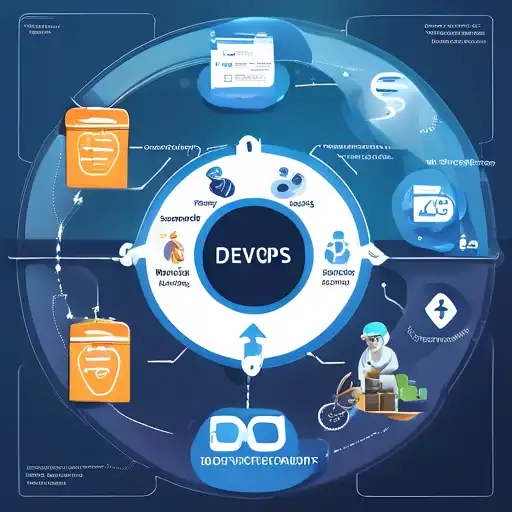Introduction to DevOps in Software Development
DevOps has revolutionized the way software is developed, deployed, and maintained. By bridging the gap between development and operations teams, DevOps practices ensure a smoother, more efficient software development lifecycle (SDLC). This article explores the myriad ways DevOps enhances the SDLC, from improved collaboration to faster delivery times.
The Role of DevOps in Modern Software Development
At its core, DevOps is about fostering a culture of collaboration between developers and operations staff. This synergy accelerates the development process, reduces errors, and ensures that software can be released more frequently and reliably. Understanding DevOps is the first step towards appreciating its impact on the SDLC.
Key Benefits of DevOps in the Software Development Lifecycle
DevOps brings several advantages to the table, including but not limited to:
- Continuous Integration and Continuous Deployment (CI/CD): Automates the software release process, enabling faster and more reliable deliveries.
- Improved Collaboration: Breaks down silos between teams, leading to better communication and efficiency.
- Enhanced Quality and Reliability: Through automated testing and monitoring, DevOps ensures that software is of high quality and performs as expected.
- Increased Efficiency: By automating repetitive tasks, teams can focus on innovation and problem-solving.
Implementing DevOps Practices for Optimal Results
Adopting DevOps requires a strategic approach. Organizations should start by implementing DevOps practices that align with their goals and capabilities. Training teams, adopting the right tools, and fostering a culture of continuous improvement are critical steps in this journey.
Challenges and Solutions in DevOps Adoption
While DevOps offers numerous benefits, its adoption is not without challenges. Resistance to change, toolchain complexity, and skill gaps can hinder progress. However, with proper planning, training, and the right DevOps tools, these obstacles can be overcome.
Conclusion: The Future of DevOps in Software Development
DevOps is not just a set of practices but a culture that promotes efficiency, collaboration, and innovation. As the software development landscape evolves, DevOps will continue to play a pivotal role in shaping the future of the SDLC. Embracing DevOps is essential for organizations looking to stay competitive in the fast-paced world of software development.
